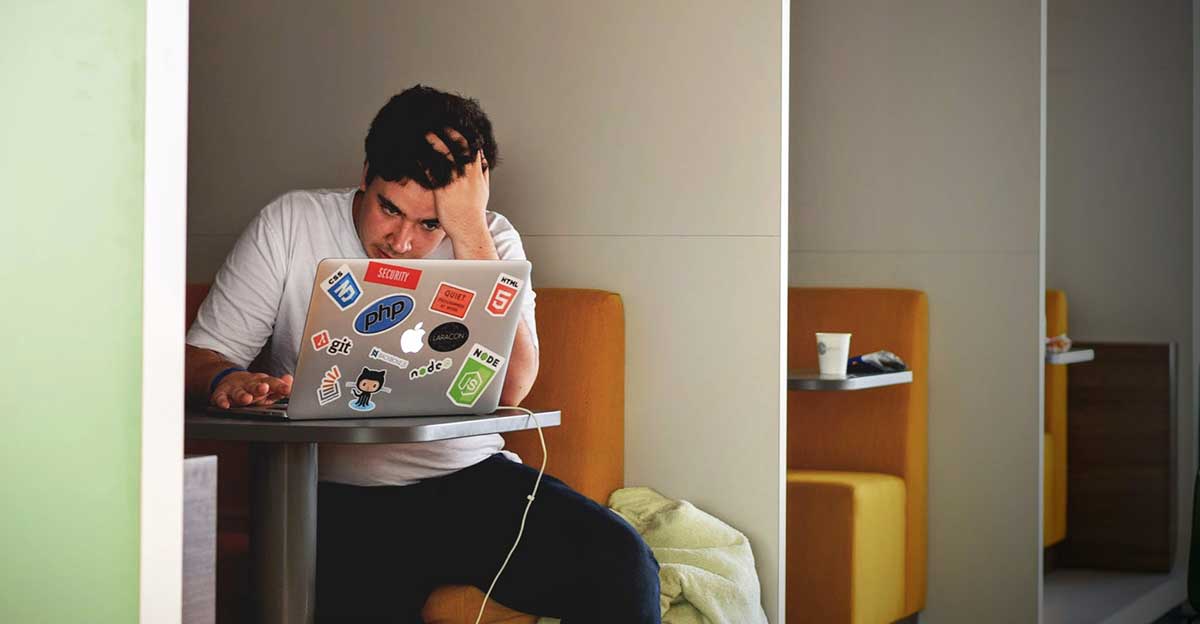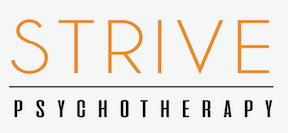Clients of Boulder’s internet addiction service engage in “tech detoxes” to minimize their technology use.
By Casey Van Divier
Journalism student at the University of Colorado Boulder
*Names have been changed to protect the privacy of those featured in this article

Emma’s 18-year-old son Brandon was missing meals, struggling in school, and spending hours in his room at a time. He was never socializing—and he was always playing video games.
It was the summer of 2016. Brandon, who had never had a large social circle, evaded loneliness by immersing himself in online games. It was a way he could escape the struggles that resulted from his audio dyslexia and autism spectrum disorder—two conditions he did not even know he had, and would not be diagnosed with until the following summer.
Brandon’s parents took away his computer, so he turned to the TV. At that point, the couple gave their son a choice: attend counseling, or move out.
“It felt like we were the enemy,” Emma said. “We weren’t sure if we were doing the right thing.”
Even so, Brandon agreed to their terms, and in September 2016, the whole family attended their first meeting with a digital media treatment specialist.
Internet addiction is recognized as a public health threat in many countries including South Korea, China, Japan, and Australia. Over the past decade, the number of digital treatment camps and centers in these countries has skyrocketed into the hundreds.
The US has been slower on the uptake of this trend, but from year to year, there’s been an increase in the number of programs to treat this large population—which may consist of as many as 3.75 million college students, according to a 2011 study.
After noticing how often this issue affected her clients, therapist Tracy Markle launched Collegiate Coaching Services (CCS) and the Digital Media Treatment and Education Center (DTEC) in Boulder. Since opening its doors in 2017, DTEC has served approximately 65 clients, many of whom, like Brandon, are clients of both DTEC and CCS.
The programs have served clients as young as age 10 up to clients in their forties and fifties; however, the overwhelming majority of these clients are college students struggling to use the internet in small doses.
“They’re leaving home for the first time, they’re leaving structure and accountability, and they’re moving onto a campus that is plugged in completely,” Markle said.
Not only that, but many college students also experience social anxiety, ADHD, and depression—all of which Markle identifies as risk factors for internet addiction.
Recognizing behaviors like these in their son, Emma and her husband went to Markle for help. With them was a long list of expectations that, if Brandon was able to meet them, would allow him to stay in the house and earn his computer back.
The list was an effort by the parents to take control of the situation, but when Markle saw it, she suggested giving it a slight makeover.
“She told us we were trying to do too much, and she narrowed it down,” Emma said. By the time the meeting was over, the group had finalized a new list, which included Brandon handing over his smartphone before he went to sleep every night and engaging in a certain number of social activities each week.
Brandon also temporarily attended one of several available CCS support groups, partly as a way to socialize, and partly as a way to connect with others experiencing the same things he was.
Open to the community, the no-cost groups provide a forum for members to talk about what they may otherwise “keep separate” from their everyday conversations, according to Julia Putnam, who is the facilitator of the Problematic Internet and Technology Facilitated Support Group (PITF).
PITF meets in a small room at the DTEC/CCS office, where about half a dozen regular members sit in a circle at 4:30 pm, every Tuesday. The hour-long meeting is typically the only time members of the group interact with each other—the closest they have ever gotten to making outside plans is joking about catching a movie together.
More often than not, the discussion turns to the members’ apprehensions over the often-intense treatment plans put in place by their loved ones, their coaches, and themselves. The members bringing these things up are people like Joe and Isaac: a student who recently did a “tech detox,” and a student who is just about to try one.
Joe sought CCS out three years ago; to the then-late-twenties college student, who would often play video games until four in the morning and sleep through classes the next day, seeking help seemed reasonable. However, he didn’t foresee the year-and-a-half-long video game detox that his coach at CCS suggested.
“I didn’t quite realize it was going to be none for that long,” he said. “It seemed like it was sort of imposed on me.”
Joe had only recently moved to Colorado and had yet to make friends in the area. The majority of his social interaction took place within video games, and he worried he would be lonely if he was unable to connect with other players online.
“If I’m not doing it, how am I going to meet people? I thought about things like that,” he said. “But I knew I wanted to change and that was one thing I was willing to try.”
Sitting on the other side of the couch, 20-year-old Isaac—whose parents brought him to CCS in 2015—agrees with his fellow PITF member. He is slightly hesitant, but when it comes to his upcoming detox—which may limit not only his video game use, but his computer, smartphone, and television use, as well—he has a generally positive outlook.
“If I’m not using the screen, then I’ll be more willing to go out and be social,” he said. “And I think it’ll be a lot easier to be more active—because I’ll just be so bored that I might as well spend two hours at the gym, right?”
His opinion stems not only from his CCS coach but from the input he has received from other group members, like Joe—who tells the group that, despite the difficulties of the detox period, at times he even wonders if he should have “done a stronger tech detox.”
This may be the only input Isaac gets on the matter from one of his peers; outside of the group, only one friend knows he attends counseling, and only his parents know what he attends counseling for.
“There’s a connection you can have to people in these groups that you don’t have with other people,” he said.
When it comes to describing that connection, another member of the group cheerfully puts it best: “You could call it brotherly.”
Meanwhile, some still hesitate to equate screen addiction with other mental health issues. It is not listed as a disorder within the Diagnostic and Statistical Manual of Mental Disorders, or DSM-5.
However, the clients of CCS and DTEC—who are attending school, working at locations around Boulder, and already looking forward to achieving their career goals—believe that the programs have not only made a difference in their lives but equipped them to make greater progress down the road.
“When I ask people who I’m close to if they’ve seen a difference, they have,” Joe said. “And if I can let myself look at the way I’m doing in school or at work, I can see the improvements.”
As for Emma—who reluctantly returned her son’s computer when he moved onto the CU Boulder campus—she too has noticed gradual improvements in her son: he spends more time socializing, participates in school clubs, and no longer plays the games he used to devote hours to.
“He’ll talk to us more, he’ll smile, he’ll joke,” Emma said. “We’re not out of the tunnel yet, but we definitely see the light at the end of the tunnel.”











